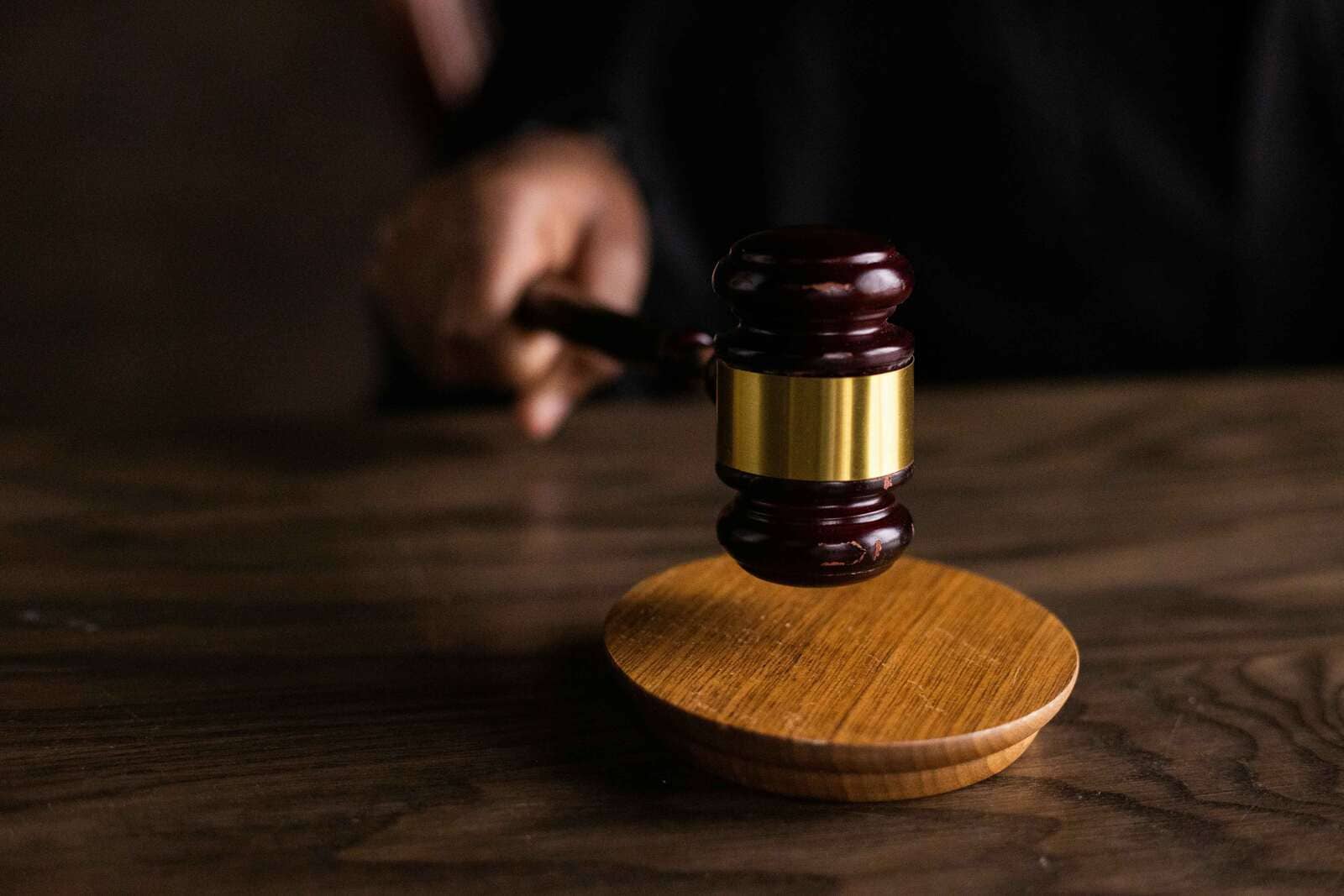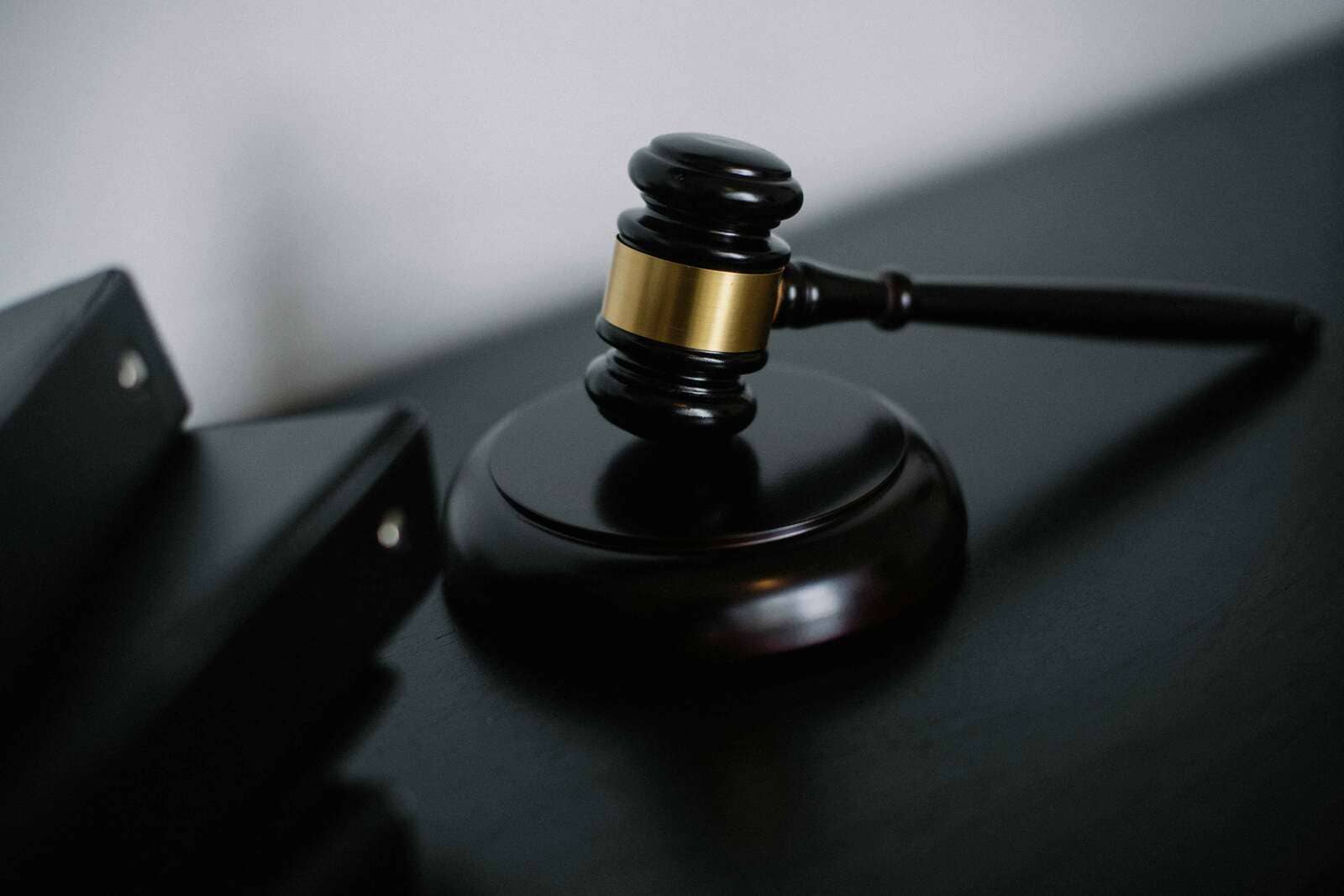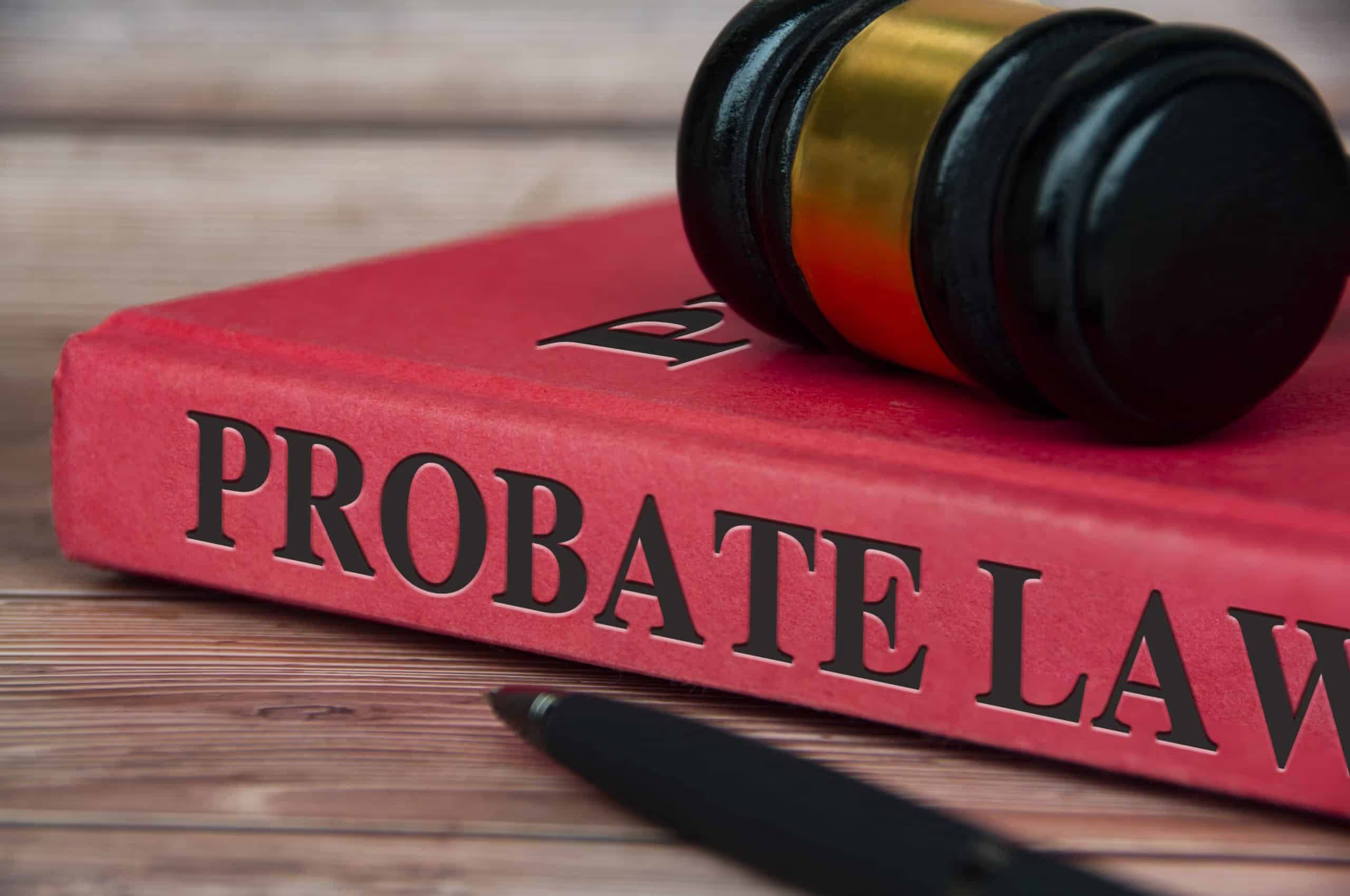A will is meant to reflect a person’s final wishes, but families sometimes wonder if changes can be made after death. The short answer is no—a will cannot legally be changed after the person has passed away. However, there are limited situations where parts of a will can be challenged, interpreted differently, or adjusted through the courts.
Why a Will Cannot Be Changed After Death
Once the person who created the will (the testator) has died, their document becomes legally binding. Only a court has authority to interpret or enforce it. The executor must follow the instructions exactly as written. Any attempt to rewrite or modify the terms of the will is considered invalid.
The reasoning behind this rule is simple: a will represents a person’s final decisions. Allowing others to change it after death would defeat the purpose of estate planning and open the door to fraud or manipulation.
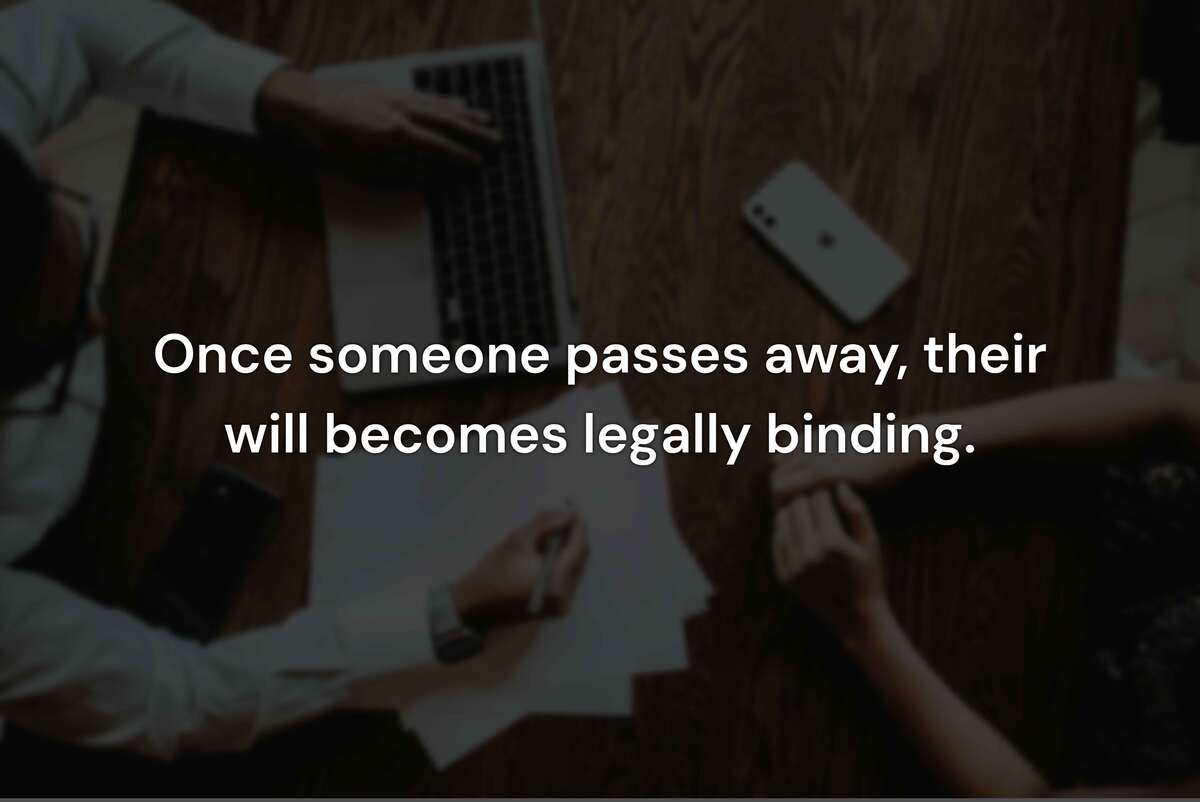
When Adjustments May Still Happen
While a will cannot be directly changed, certain legal situations may lead to changes in how the estate is distributed.
Contesting a Will
If someone believes the will was created under improper circumstances, they may contest it in court. Common reasons include:
- The testator lacked mental capacity when signing the will
- The will was made under undue influence or coercion
- The document was forged or not properly witnessed
- If the court finds evidence of wrongdoing, it can declare parts or all of the will invalid, which may alter how assets are distributed.
Resolving Ambiguities
Sometimes a will contains unclear language. When this happens, the probate court can interpret what the testator likely intended. The judge doesn’t rewrite the will but clarifies how it should be applied. For example, if two heirs are named to inherit “the house” but the deceased owned multiple homes, the court determines which property the will refers to.

Family Settlement Agreements
In some cases, heirs agree among themselves to divide property differently from what the will states. These private agreements can be valid if all beneficiaries consent, no one is coerced, and state law allows it. However, they do not technically change the will itself—they simply change how the heirs choose to handle the assets.
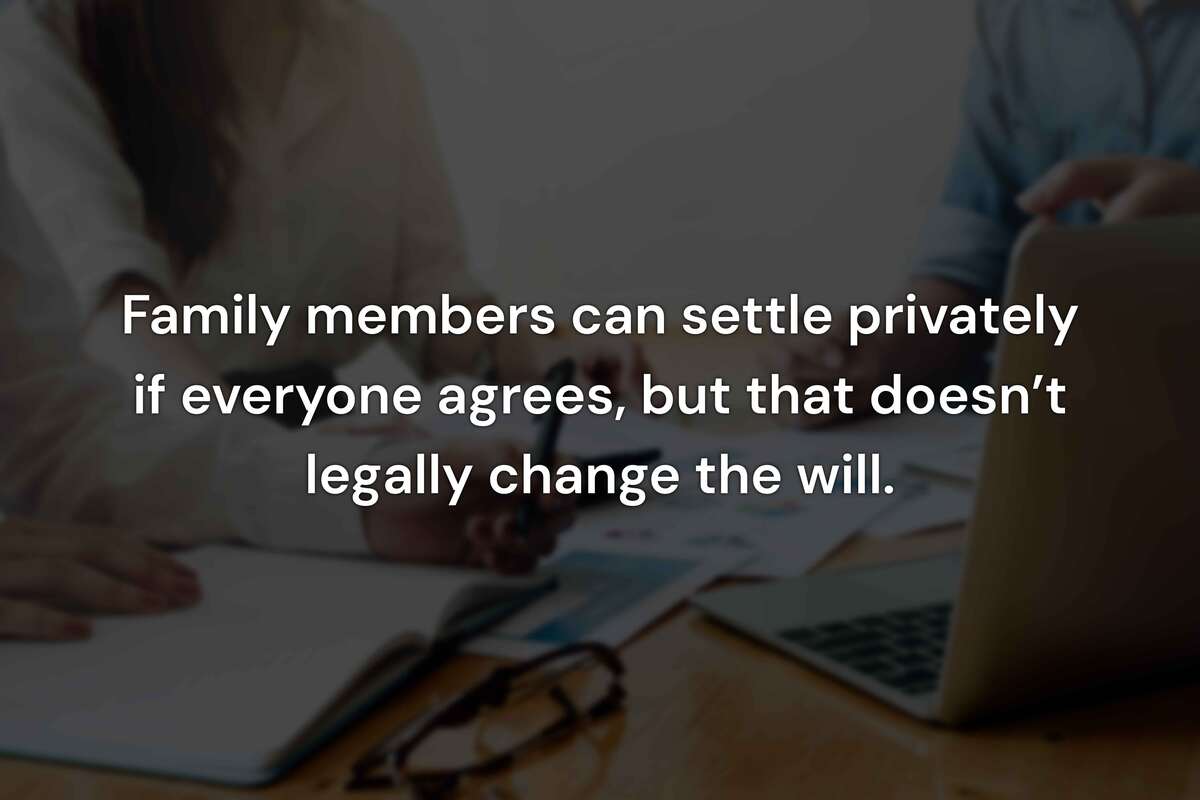
Disclaimer of Inheritance
An heir has the right to refuse an inheritance through a disclaimer. When someone disclaims property, it passes as if they had died before the testator. This can indirectly alter who receives the property but still follows the will’s legal framework.
Who Can Challenge a Will
Only certain individuals have the legal right, or standing, to challenge a will. This typically includes:
- Beneficiaries named in the will
- Heirs who would inherit under state law if the will were invalid
- Creditors in limited situations
Anyone contesting a will must provide evidence and file the challenge within the statutory deadline, which varies by state. In California, challenges are generally made during the probate process before assets are distributed.
Time Limits for Challenging a Will
In most states, a will must be contested within a few months after the probate process begins. In California, objections must typically be filed within 120 days after the probate notice is issued. Missing this deadline can make the challenge impossible, even with valid grounds.
How Probate Confirms the Validity of a Will
Probate serves to confirm that a will is genuine and enforceable. The court examines whether it was signed correctly, whether witnesses were present, and whether the testator had mental capacity. Once the court approves the will, it becomes a public record, and the executor can begin distributing assets. After this point, the will cannot be changed.
Why Legal Guidance Is Important
Disputes over wills can cause emotional strain and long-term family conflict. Even a simple misunderstanding can escalate into a formal court challenge. An experienced probate attorney can evaluate the situation, explain your options, and determine whether there’s legal cause to challenge or interpret a will differently.
If you believe a will was created under suspicious circumstances or you need help navigating probate, contact an experienced probate attorney in Los Angeles, CA. They can help protect your rights and ensure the estate is settled according to the law.

















